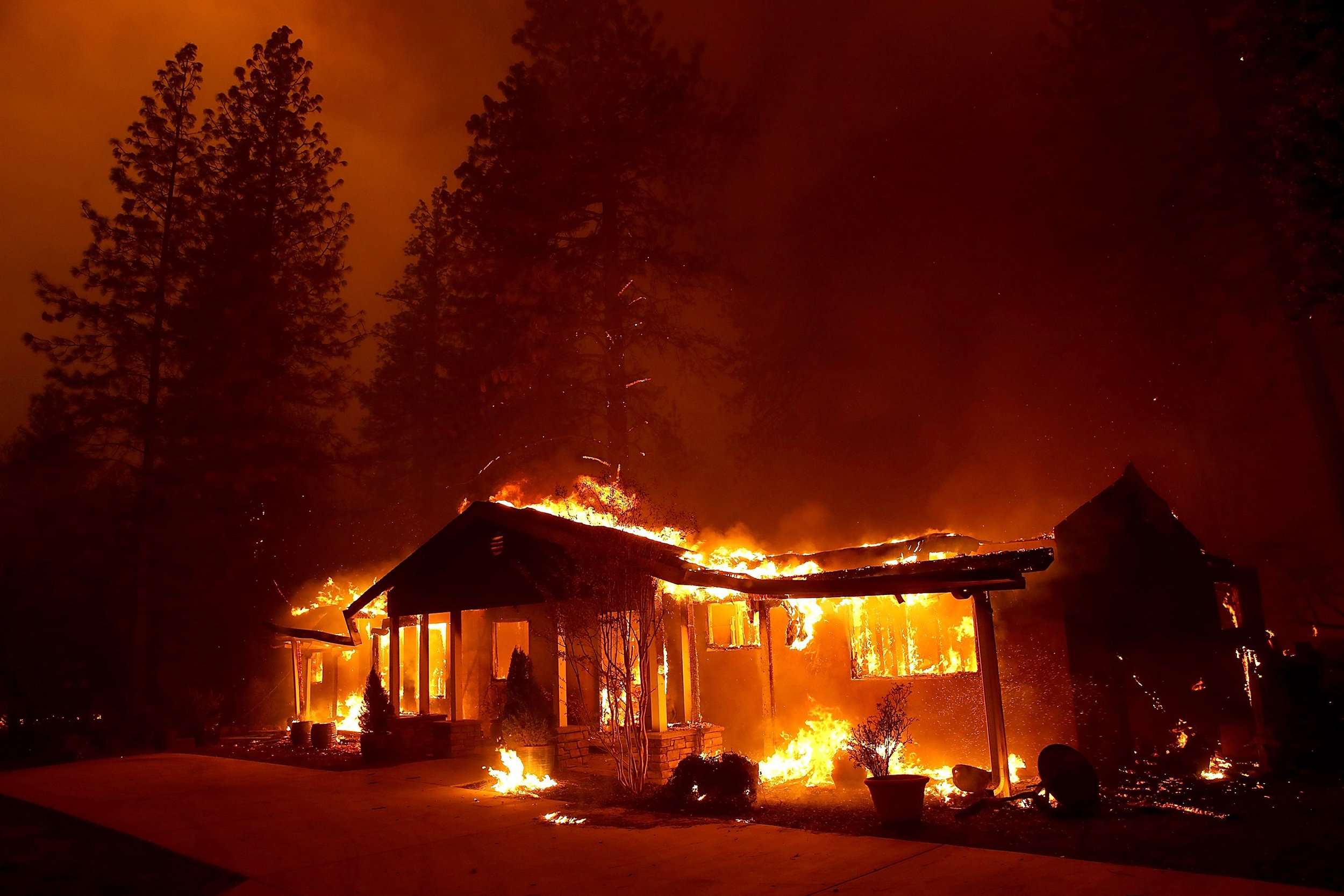Game-Changer for Homeowners Amidst State Farm's High-Risk Policy Changes
State Farm Insurance recently announced it’s not writing any new homeowners’ policies in California due to wildfire risks. They aren’t alone. Major insurers in Florida, Kentucky, Louisiana and other areas are stepping back from the market or raising rates to reflect the real risk from fire, flood, wind and rising sea levels.
In the face of these increasing climate-related risks, many homeowners are rightly concerned about their options. However, amidst this uncertainty, there is a glimmer of hope in the form of Insulated Concrete Forms (ICF) construction. This innovative building system not only provides superior protection against natural disasters but also has the potential to positively impact homeowners' insurance coverage.
Enhanced Resilience:
Polycrete ICF is revolutionizing the construction industry with its exceptional durability and resilience. Unlike traditional stick framing, Polycrete ICF offers superior resistance to hurricanes, tornadoes, and wildfires. Its robust structure, composed of insulating foam and reinforced concrete, creates a solid barrier that can withstand extreme forces.
Mitigating Insurance Risks:
The use of Polycrete ICF in home construction can have a direct impact on homeowners’ insurance. Insurance companies consider multiple factors when determining coverage and premiums, including the level of risk associated with the property. By employing Polycrete ICF, homeowners can demonstrate their commitment to risk mitigation, making their homes more insurable in high-risk areas.
Lower Premiums:
Another advantage of Polycrete ICF is its potential to lower homeowners' insurance premiums. Insurance companies often offer discounts for homes built with disaster-resistant materials. Polycrete ICF's ability to withstand extreme weather events makes it an attractive choice for insurance providers. By investing in this innovative building technology, homeowners can potentially secure more affordable insurance policies.
Peace of Mind:
In addition to the financial benefits, Polycrete ICF offers homeowners peace of mind. With the knowledge that their homes are built to withstand the forces of nature, homeowners can feel more confident in their ability to protect their property and loved ones. This increased sense of security can alleviate the stress and anxiety associated with living in high-risk areas.
Conclusion:
As State Farm's decision highlights the challenges homeowners face in high-risk areas, Polycrete ICF emerges as a promising solution. Its exceptional resilience to natural disasters not only provides homeowners with enhanced protection but also impacts insurance coverage and premiums. As insurance companies adapt to changing circumstances, the use of Polycrete ICF may become a critical factor in homeowners' insurance considerations in high-risk areas.


